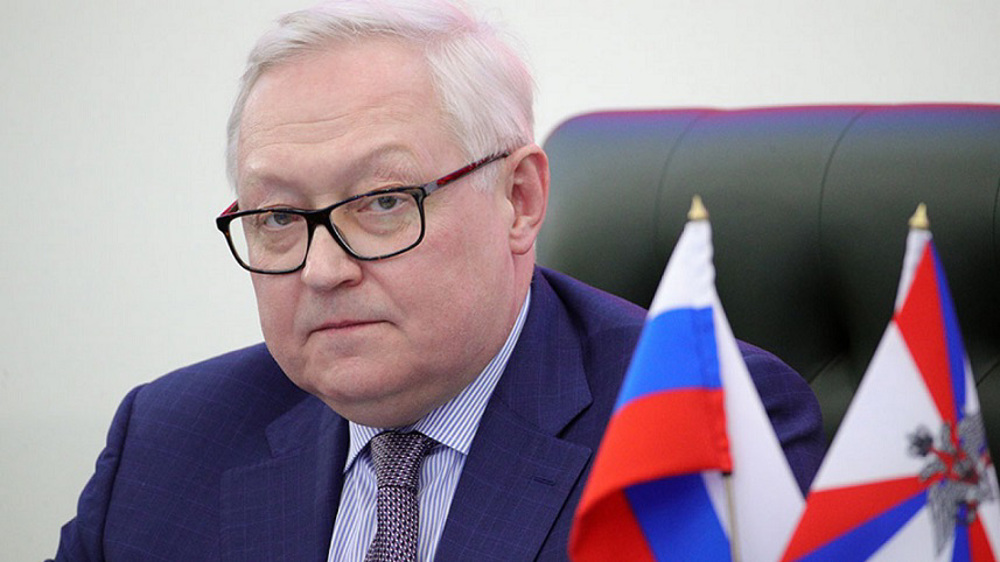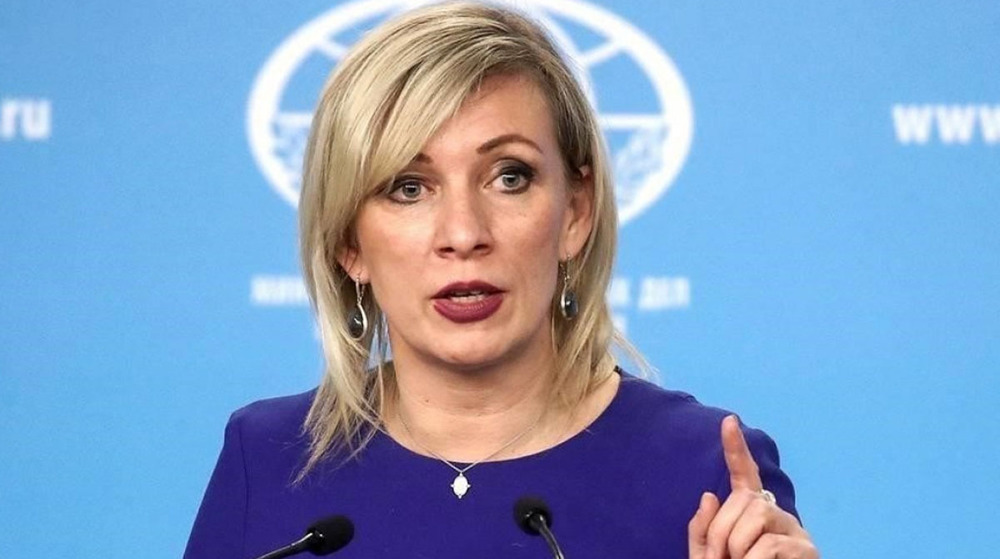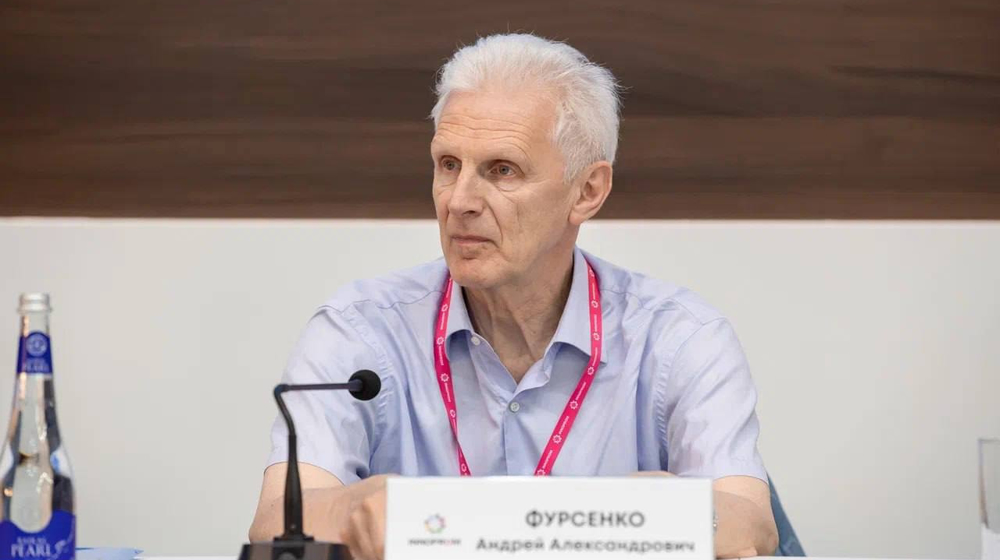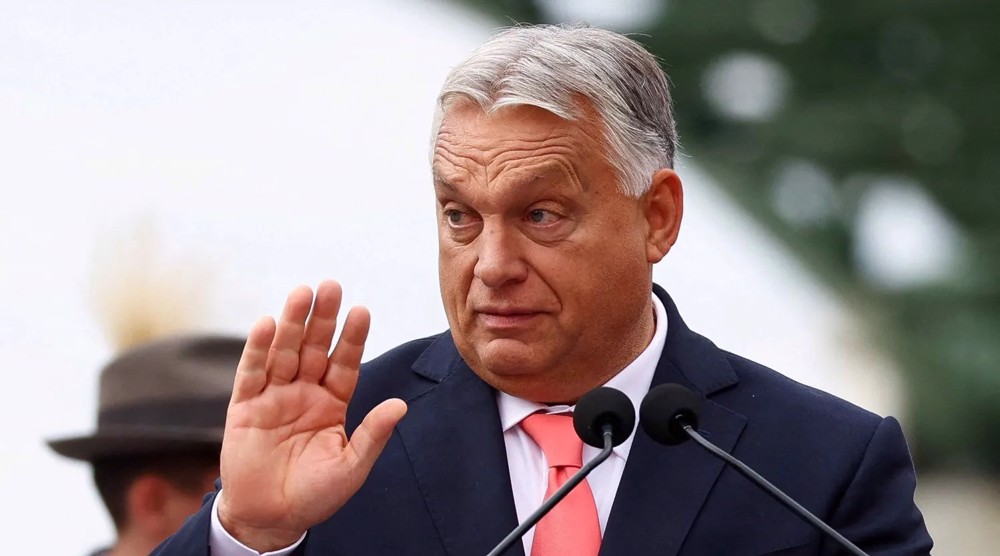Russia’s Deputy Foreign Minister: Return to INF impossible after US unilateral withdrawal
Russia’s Deputy Foreign Minister Sergei Ryabkov says Washington’s withdrawal from the now-collapsed Intermediate-Range Nuclear Forces (INF) treaty has been an “irreparable” mistake, which has made the return of the landmark agreement impossible.
“I would like to say that several mistakes, committed by the US, entailed irreparable consequences. One of those huge mistakes, for example, is Washington’s unilateral withdrawal from the INF Treaty,” said Ryabkov, in an interview with the Duma TV channel on Friday, TASS news agency reported on Saturday.
“It’s evident that there can be no return to this document, which served as a solid foundation for European security for decades,” the senior Russian diplomat added.
Last year, the INF collapsed after Washington pulled out of the 1987 bilateral deal with Moscow. The accord had banned all land-based missiles with the range of up to 5,500 kilometers.
The withdrawal came after Washington accused Moscow of secretly violating the deal. Russia, which has repeatedly rejected these allegations, stopped implementing the INF after the pullout.
Elsewhere in his remarks, Ryabkov touched on Washington’s “reluctance to deal with humanitarian issues.” He also pointed to the United States’ refusal to cooperate on repatriating Russian citizens convicted in the US “for contrived reasons.”
The Russian official also criticized the American side for its persistence in “following dogmas and clichés” in the US relations with Russia.
Late last month, the Russian Foreign Ministry said the Comprehensive Nuclear-Test Ban Treaty (CTBT) also faced serious challenges. Moscow called on Washington to reconsider its position on the pact.
The CTBT was adopted by the United Nations General Assembly in September 1996, banning all nuclear explosions in all environments, but it has not yet entered into force because it has been either not signed or not ratified by a number of countries.
The US has signed the pact but has so far refused to ratify it. Russia signed the treaty in 1996 and ratified it four years later. Overall, 183 countries have signed the pact, and 166 have ratified it.
The Russian Foreign Ministry also warned at the time that Washington held the most destructive position by officially declaring that it had no plan to ratify the CTBT, stressing that once it entered into force it could create a “shield against developing nuclear weapons, preventing their proliferation.”
Another treaty between Russia and the US, the New START, is also in danger of collapse.
The New START expires in February 2021 but can be extended for another five years by mutual agreement.
Russian President Vladimir Putin has already warned that global security would be in jeopardy if the New START treaty with the US is not renewed.
Israel intensifies crackdown at Al-Aqsa Mosque ahead of Ramadan
IRGC holds drills in Strait of Hormuz for second day
Iran FM: ‘Good progress’ made in latest round of indirect talks with US, 'clear path' ahead
US threatens Iraq with potential sanctions if Maliki returns as PM: Report
Iran and Russia’s quiet economic realignment
Iran Judiciary: EU resolution parrots counter-revolutionary claims
VIDEO | Aerial shots of floods in western France's Maine-et-Loire department
UK police usurped by Zionists












 This makes it easy to access the Press TV website
This makes it easy to access the Press TV website